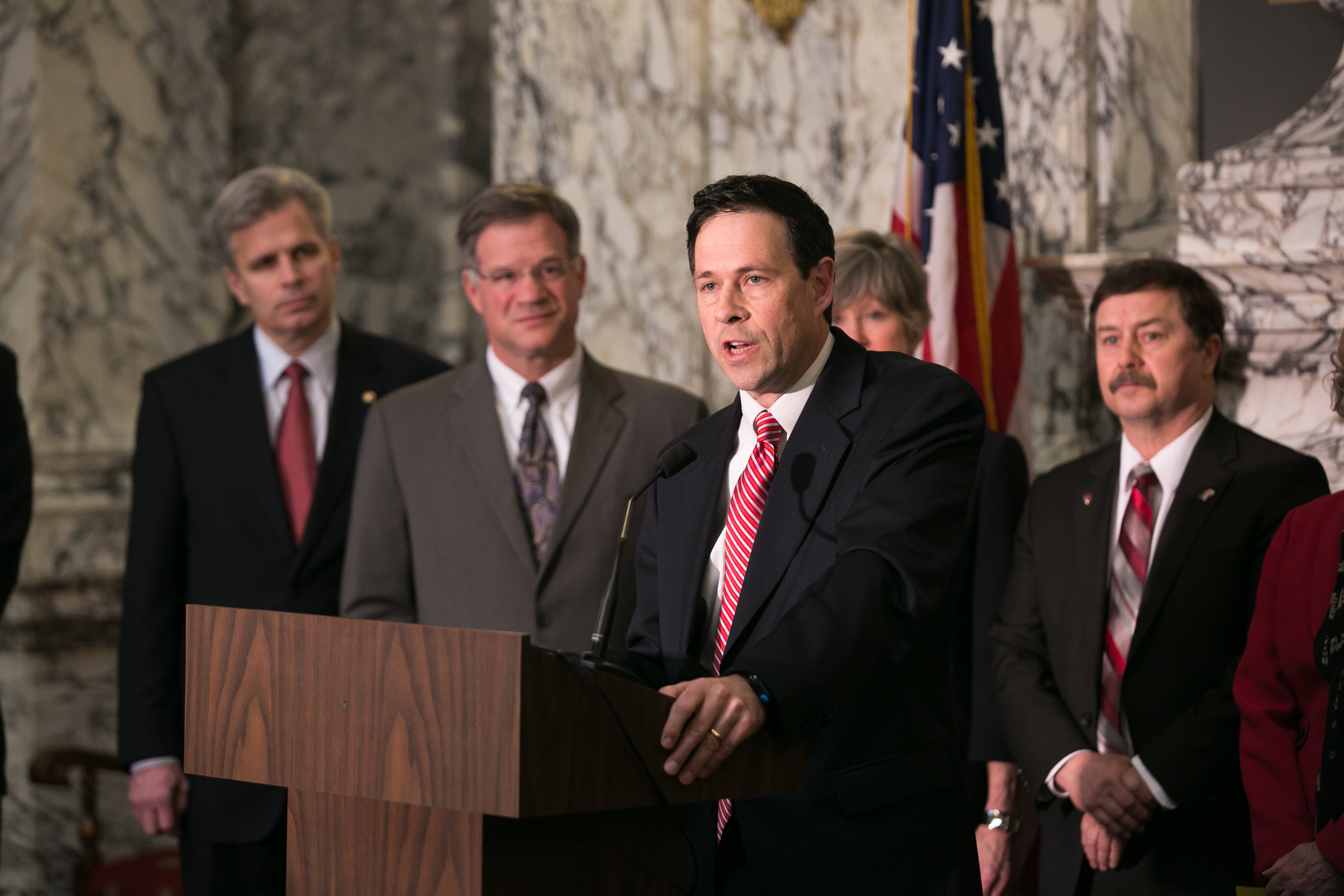Education Equality Act would make student-centered, teacher-friendly reforms Senate Majority Coalition Caucus members today introduced landmark reforms that would return state government to the role of primary provider for Washington’s K-12 schools while finally...










